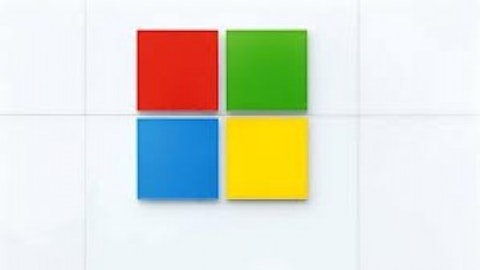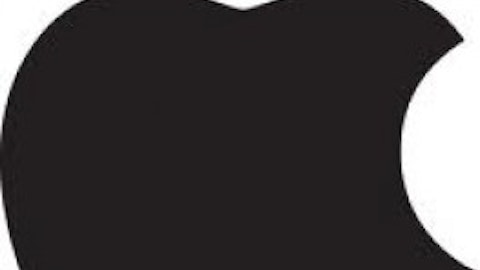Google Inc (NASDAQ:GOOG) has been highly successful in lining up with South Korea-based Samsung Elecronics Co. Ltd., for its Android operating system and its native Chrome web browser worldwide. And on the whole, South Korea is not only a very tech-savvy company, it is also deeply integrated and sophisticated when it comes to technology, and is extremely loyal to its own native brands. Samsung handsets are dominant in the smartphone marketplace in South Korea, and Google’s Android OS has been along for the ride. But is it dominant enough to be considered anti-competitive, like what Google has been charged with in Europe? (See that coverage here.)
But that affinity for all things domestic has adversely affected Google Inc (NASDAQ:GOOG) in perhaps its most prominent 
South Korea is one of the very few developed nations in the world where Google Search is being dwarfed by domestic channels. However, when the Android OS and Chrome browser became much more prominent in South Korea about two years ago, a couple of domestic search and web-portal companies filed anti-competitive complaints against Google, claiming that the native Chrome browser and Google Search applications suppress competition in the South Korea market.
While Google Inc (NASDAQ:GOOG) Search market share has improved dramatically inn the last couple of years as Samsung smartphones run on the Android OS have dominated the South Korean market, that dramatic improvement has raised Google’s search market share to 10 percent, far behind local search engine NHN, which owns 70 percent of the space.
NHN is one of the companies who filed the anti-competition claim. After two years of investigation, the country’s fair-trade commission found there was no evidence that Google had attempted to suppress competitors in the search market with its native apps on Android. The commission noted that users of Android-based smartphones have the opportunity to download domestic search alternatives to what Google offers.
South Korea’s government ruled that Google has not been anti-competitive, but having just 10 percent of the market share for search in the country can make Google Inc (NASDAQ:GOOG) non-competitive. However, if Android continues to dominant South Korea smartphones, might that market share continue to improve for Google, thus raising the spectre of anti-competitiveness down the road?
What are your thoughts? Does Google Inc (NASDAQ:GOOG) take appropriate steps to provide options for consumers in general, or do you think the business model is inherently anti-competitive? How do you think investors like fund manager Julian Robertson (see his full equity portfolio) care much about these claims? Let us know your thoughts in the comments section below.
DISCLOSURE: None





